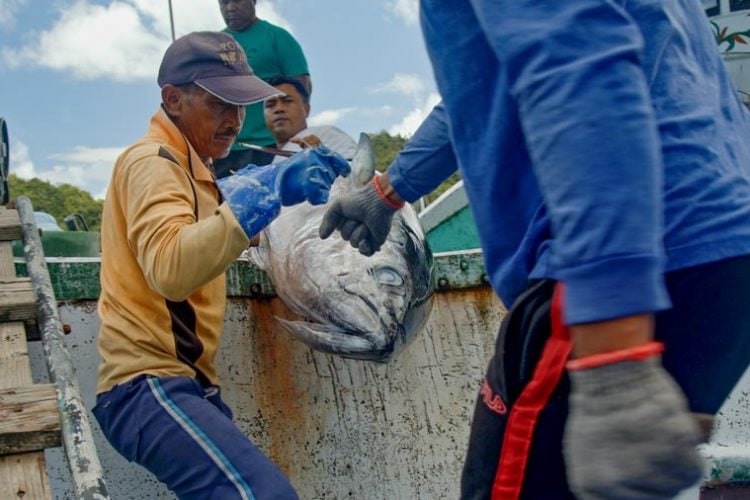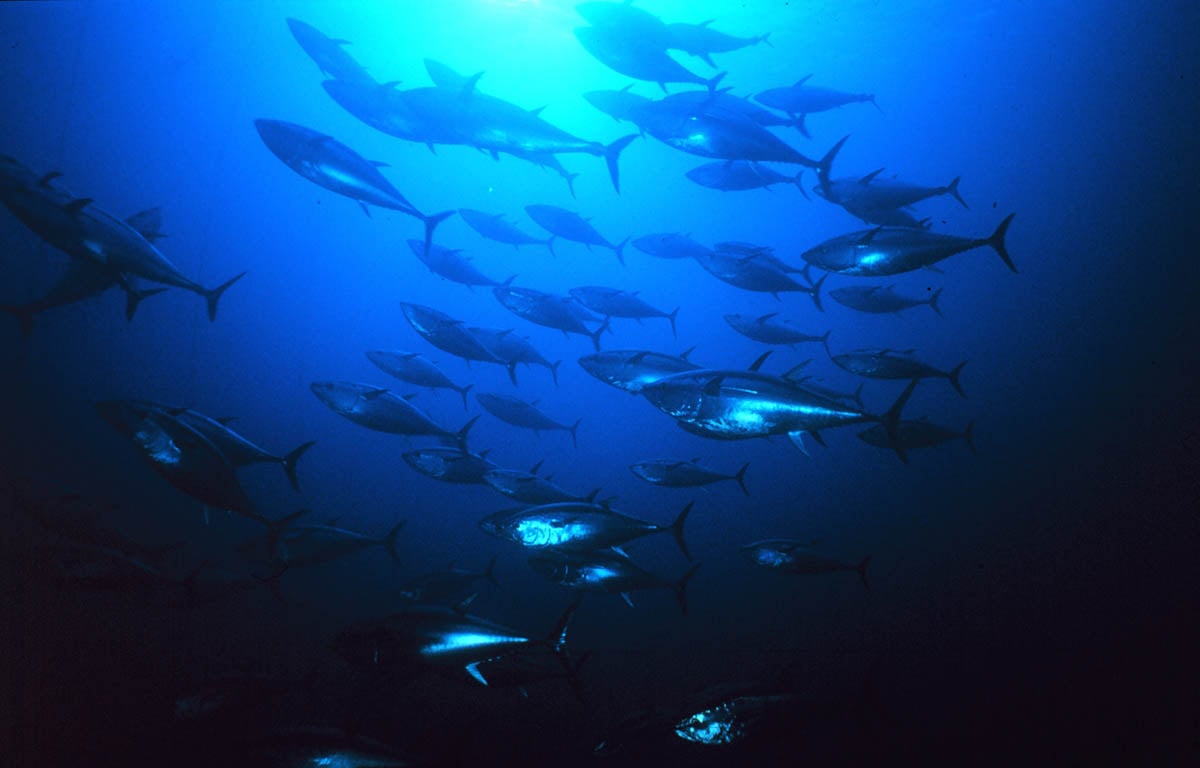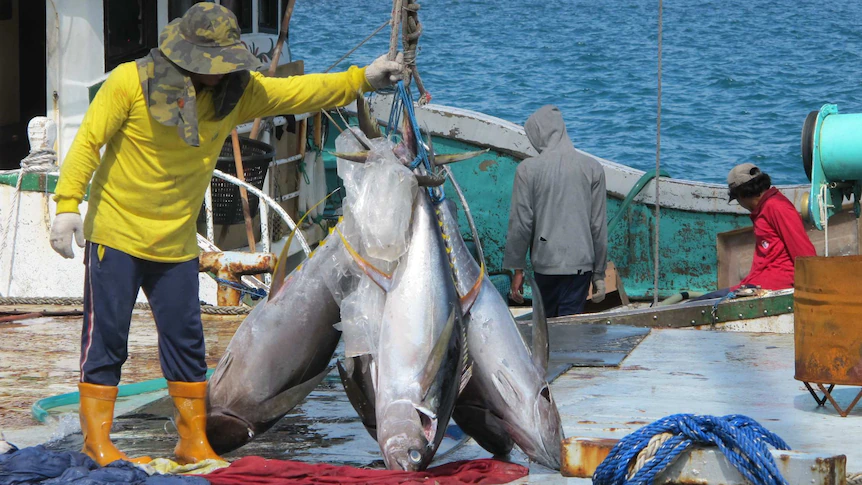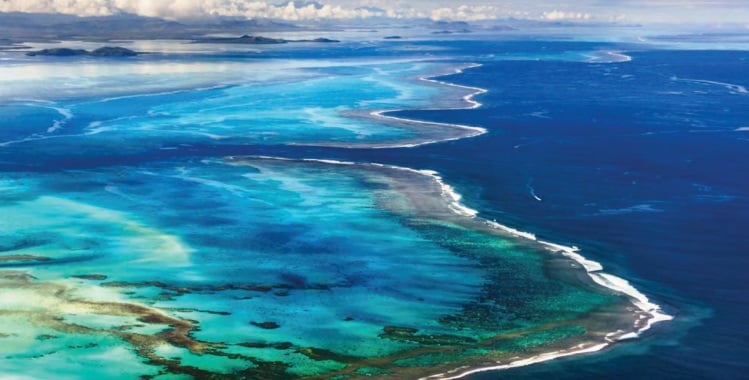Palau’s new ministry to develop the domestic fishing industry, ensure a stable supply of marine products and improve food security
The administration of Palau has created a new ministry and, for the first time, the name fisheries is included, shifting policy focus to the economic value of the sector.
During his first 100 days in office, President Surangel Whipps Jr reorganised the government with the creation of two new ministries, including the Ministry of Agriculture, Fisheries, and the Environment (MAFE).
In his first State of the Republic Address in April, the president said one focus of the ministry was to enhance domestic fisheries.
“Through its reconstituted bureaus, the ministry will enhance Sustainable Domestic Fisheries Development from the shoreline to the exclusive economic zone (EEZ) [boundary] to promote sustainable uses of our food source while also providing a path for new market opportunities for post-COVID-19 recovery,” the president said in his annual message to the people.
With the new ministry, he also intends to promote collaboration with the other Micronesian nations to cooperate on tuna fisheries, ocean conservation, and management, and eliminate illegal, unreported, and unregulated (IUU) fishing and other illegal activities in the nation’s waters.
He said with Palau’s departure from the Pacific Islands Forum (PIF), he was looking forward to more Micronesia-wide cooperation.
In earlier interviews, the Minister of State of Palau and Vice President, Uduch Sengebau Senior, said that the country’s participation with the Pacific Islands Forum Fisheries Agency (FFA) would continue despite the withdrawal of membership of PIF.
President Whipps has said that while Palau would continue to advocate for effective resource protection, it also needed to look into the production of high-value products from fisheries.
He said a strategic planning team was conducting discussions to come up with a plan on how to move that ministry forward to that direction of the production and revenue-generating sector.
“Protection is one part of it, but it also should be about production, we need to develop, high-value industry,” Whipps said.
He also sees domestic fisheries as another revenue-generating sector.
“With the tuna resources we have, we need to find those high-value products, “he said.
During his installation in January, Whipps said he would be continuing the Palau National Marine Sanctuary (PNMS) work.
“The PNMS has inspired conservation leaders around the world and set a standard to which all ocean states should aspire. We have reclaimed our own maritime resources, and rejected harmful foreign fishing practices,” Whipps said.
He said to maintain the PNMS statute, his government would work to achieve improved food security in light of COVID-19-related border restrictions and develop a domestic fishing zone.
He is also keen on developing Palau’s domestic fleet. In March, the Japan Embassy in Palau announced that it would provide a 5-ton-class (approximately 13-metre) pole-and-line fishing vessel and gear to Palau under Japan’s Grassroot Grant programme, which amounts to 84,602,980 yen or US$769,118.
The vessel is expected to generate new catches of about 80 to 100 tons a year, mainly of skipjack tuna.
“The environment surrounding the fisheries industry in Palau has been changing dramatically in recent years,” the Japanese Embassy said in a statement.
“Due to the COVID-19 pandemic and the implementation of the Palau National Marine Sanctuary Act, there is an urgent need to develop the domestic fishing industry, ensure a stable supply of marine products to the domestic market, and improve food security. The government of Palau has been working to develop pelagic fisheries through various measures, but due to a lack of funds, it has been unable to procure a fishing vessel and gear that are essential for the development of pelagic fisheries.”
The vessel is expected to arrive in Palau by February 2022.
This story was produced by Bernadette Carreon, published at Tuna Pacific on 17 May 2021, reposted via PACNEWS.
Banner: Workers in Palau unload a catch of yellowfin and bigeye tuna from the country’s only longline fishing vessel. Photo: Richard Brooks.




